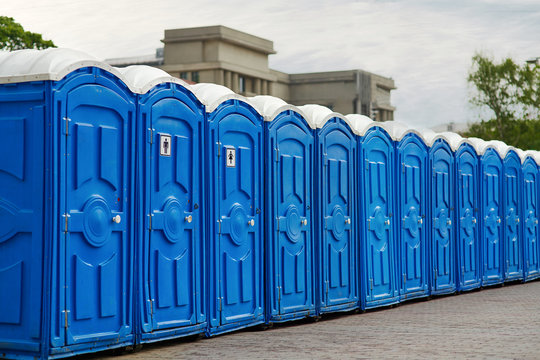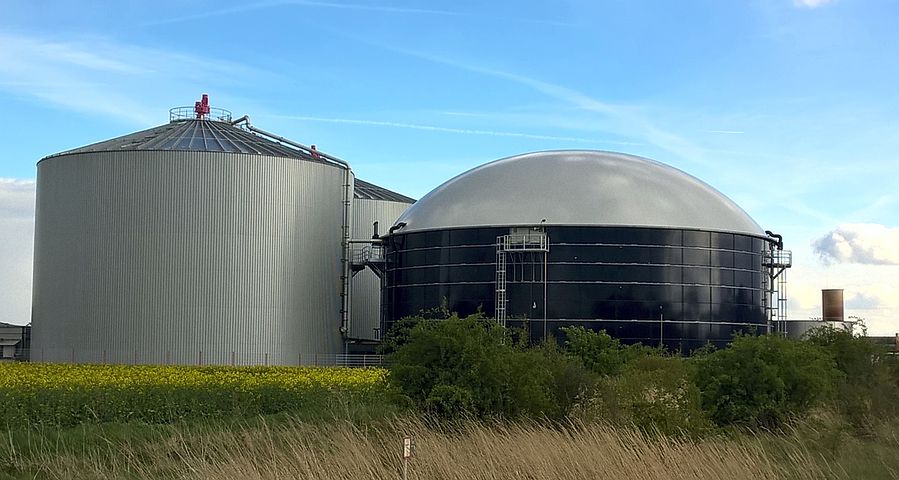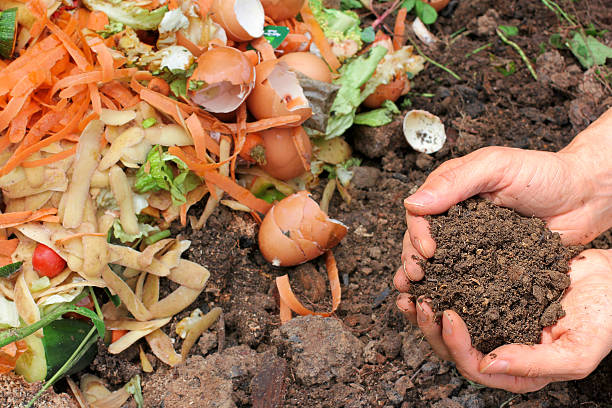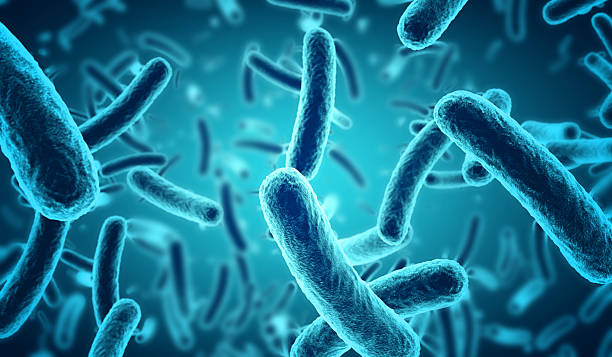Bio Toilet
Bacterial bioculture is an effective solution for managing waste in biotoilets, offering a range of benefits. One key advantage is its ability to break down organic waste such as feces and urine. The bacteria present in the bioculture feed on the organic matter and convert it into harmless substances such as carbon dioxide, water, and minerals. Additionally, using bacterial bioculture in a biotoilet helps to reduce odor by eliminating the odor-causing compounds. It is also a cost-effective option for waste management, eliminating the need for expensive sewage systems or septic tanks. Furthermore, it is an environmentally friendly option that does not produce harmful byproducts or contribute to water pollution. Finally, maintaining a biotoilet with bacterial bioculture is relatively easy, requiring only periodic additions of the bioculture to maintain the bacterial population and ensure proper function of the toilet. Overall, using bacterial bioculture in a biotoilet is a sustainable and efficient way to manage waste.





